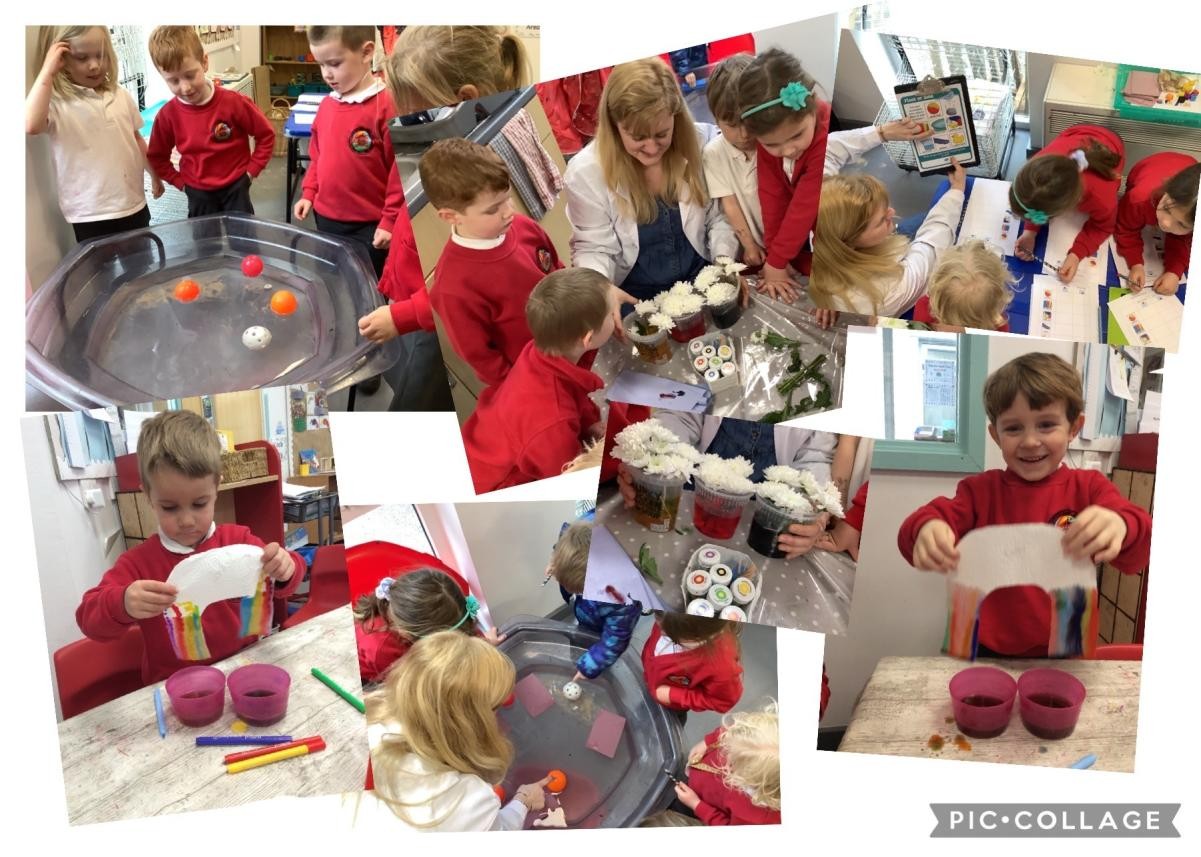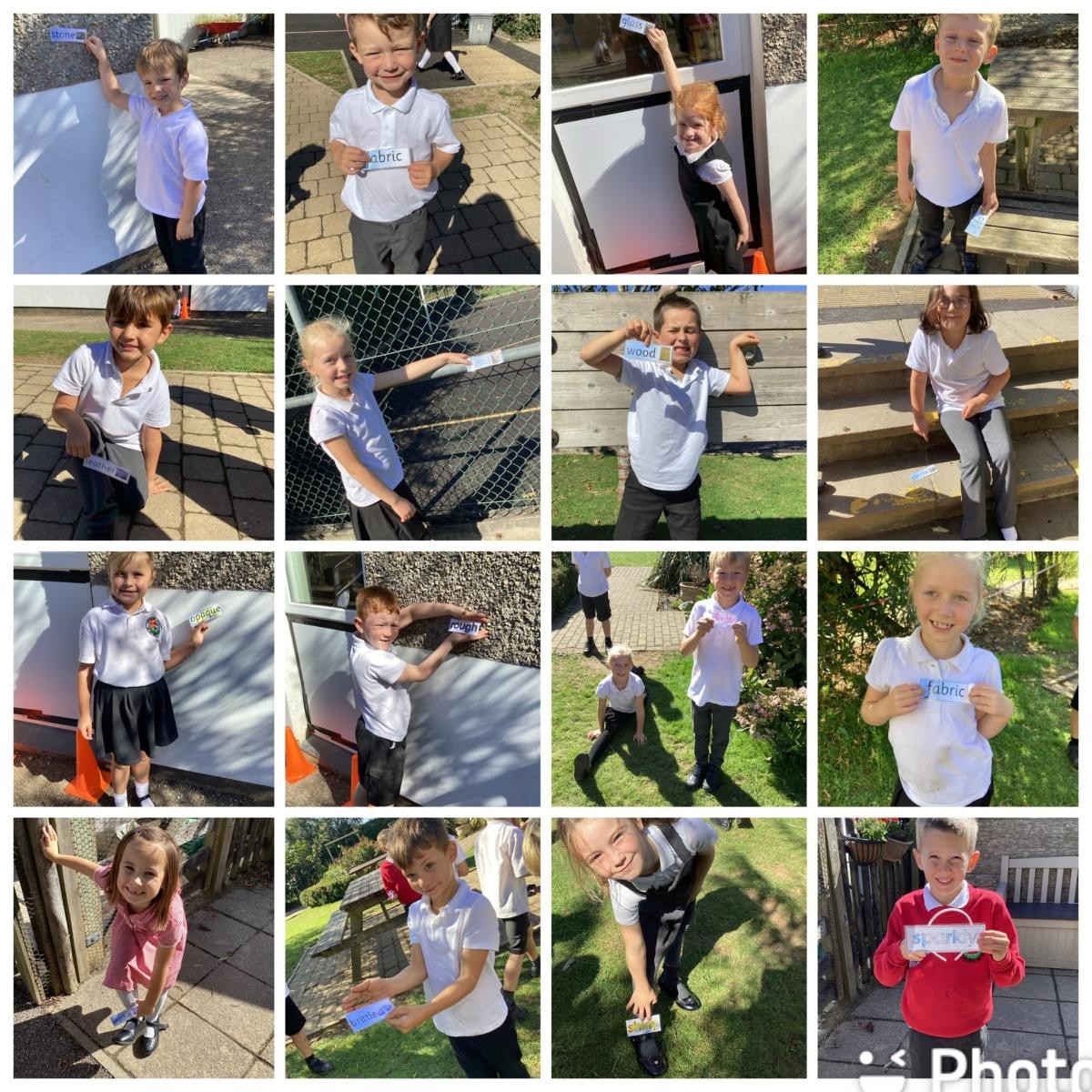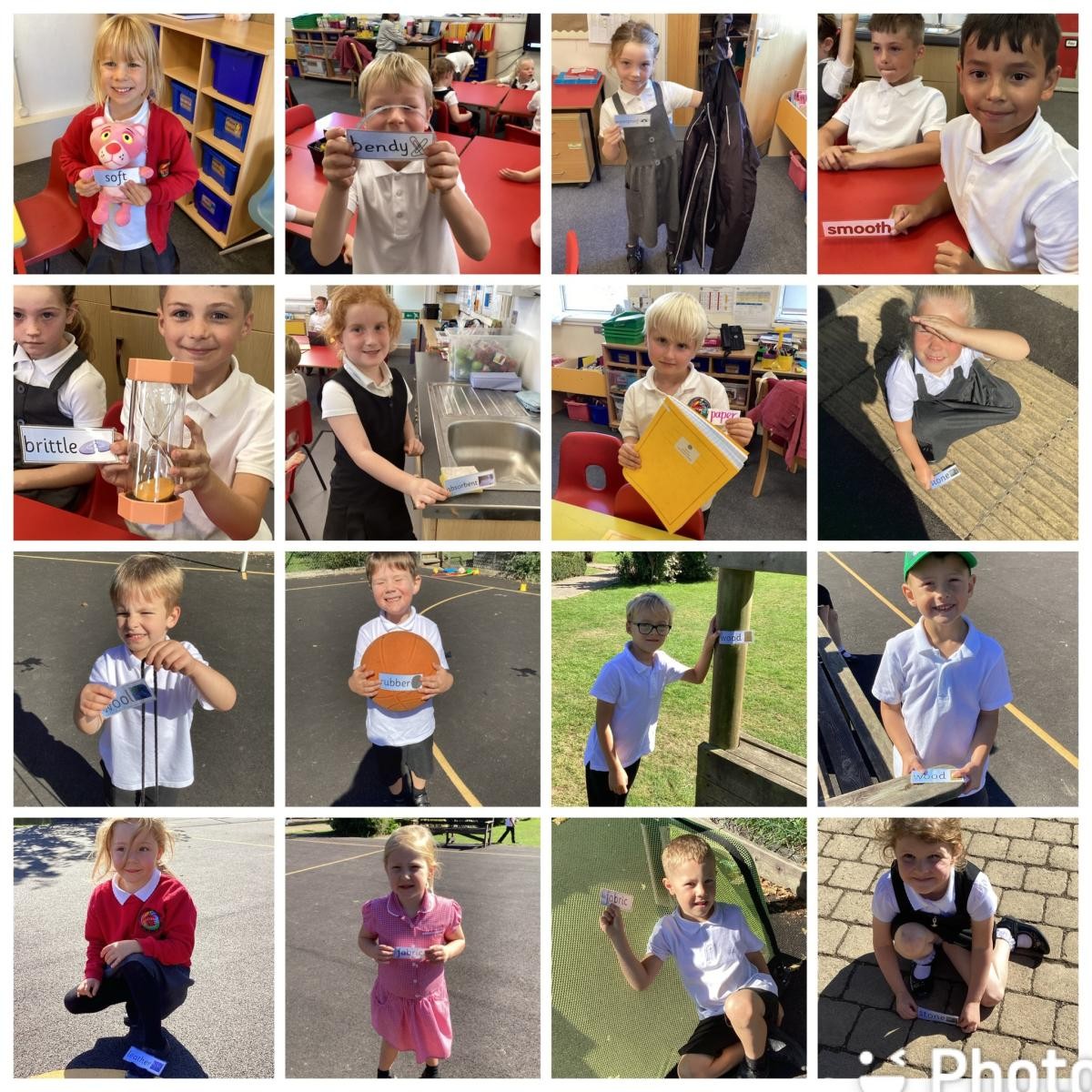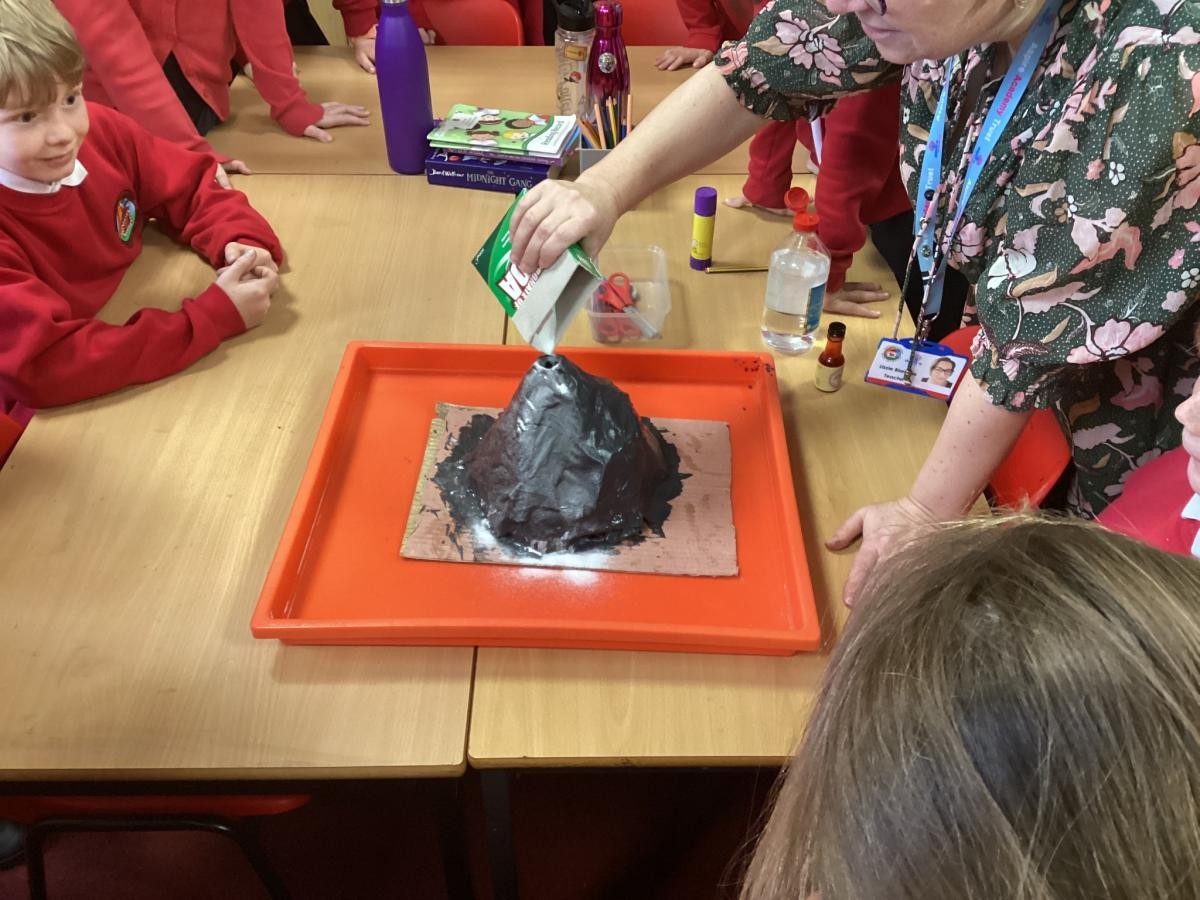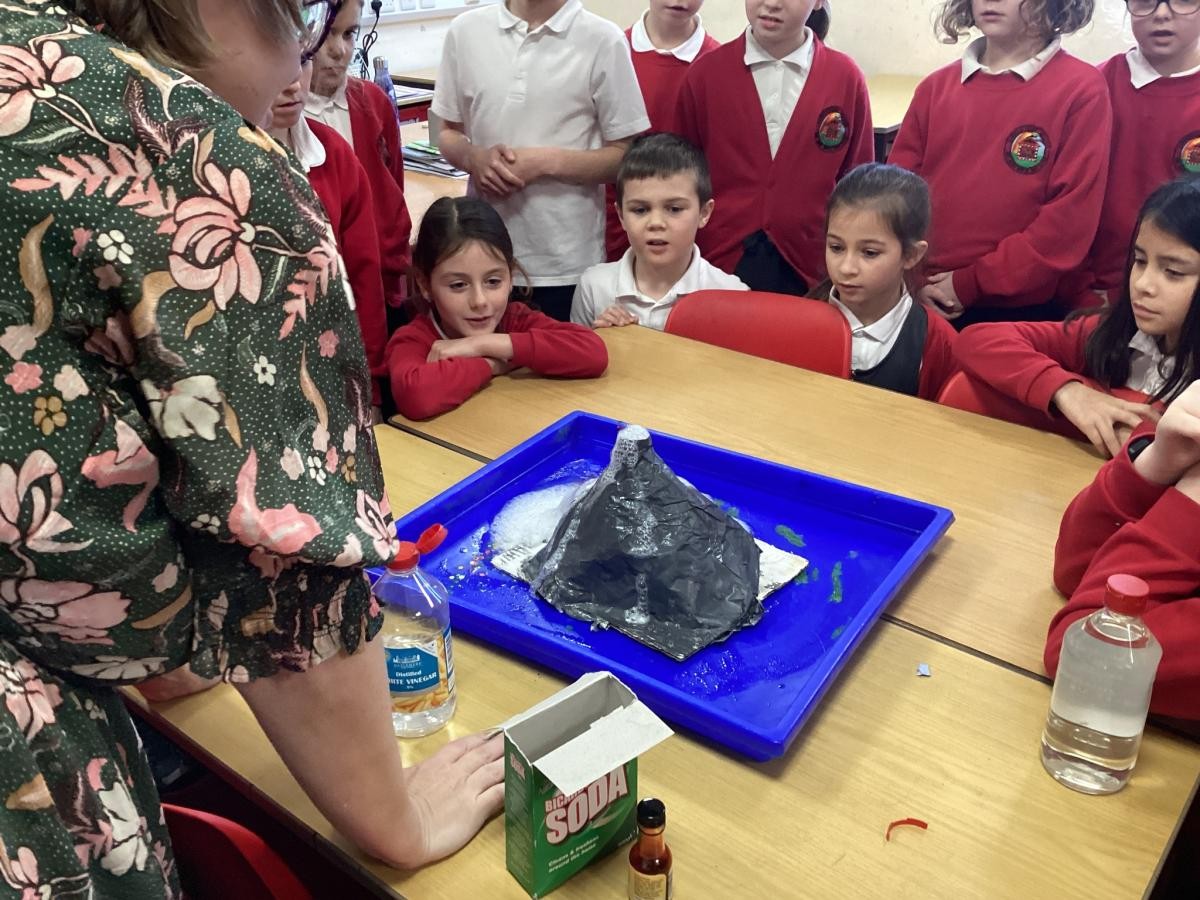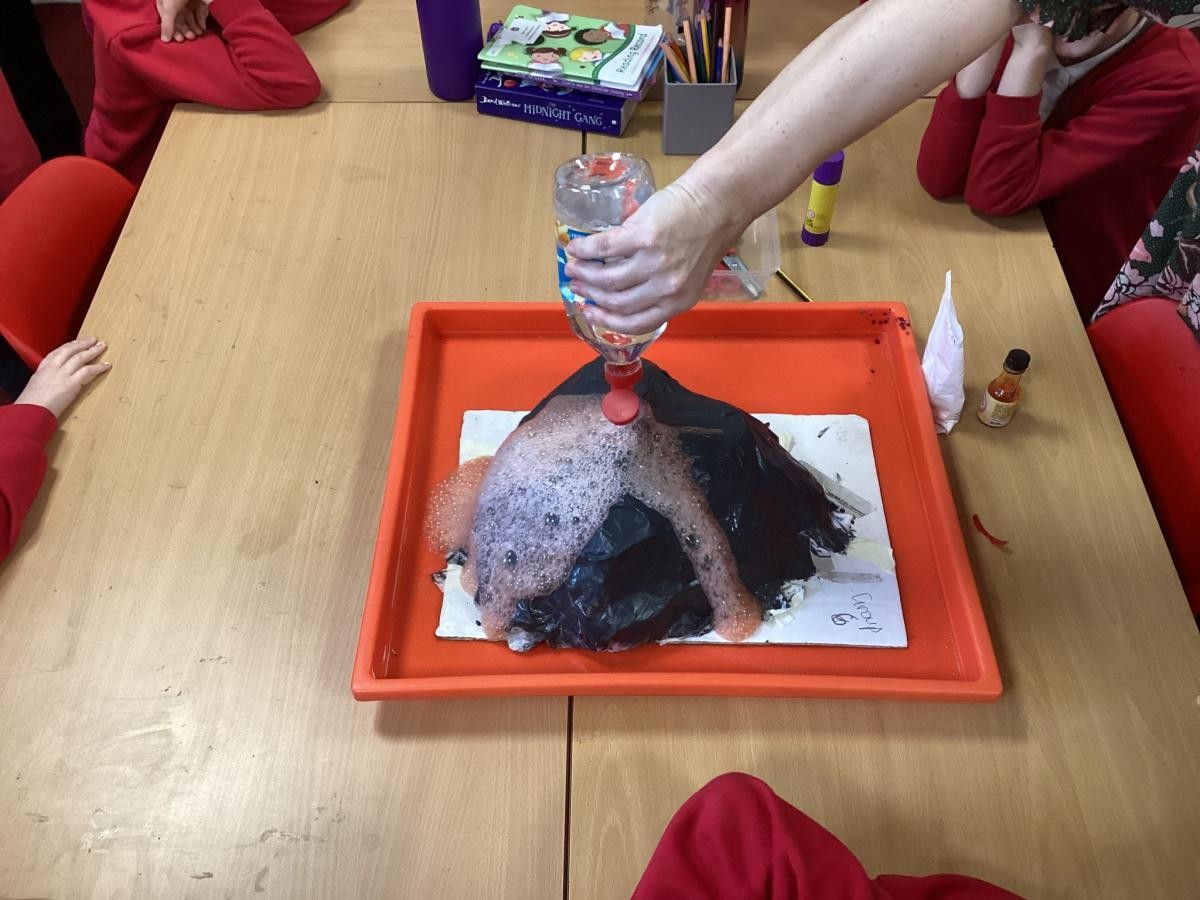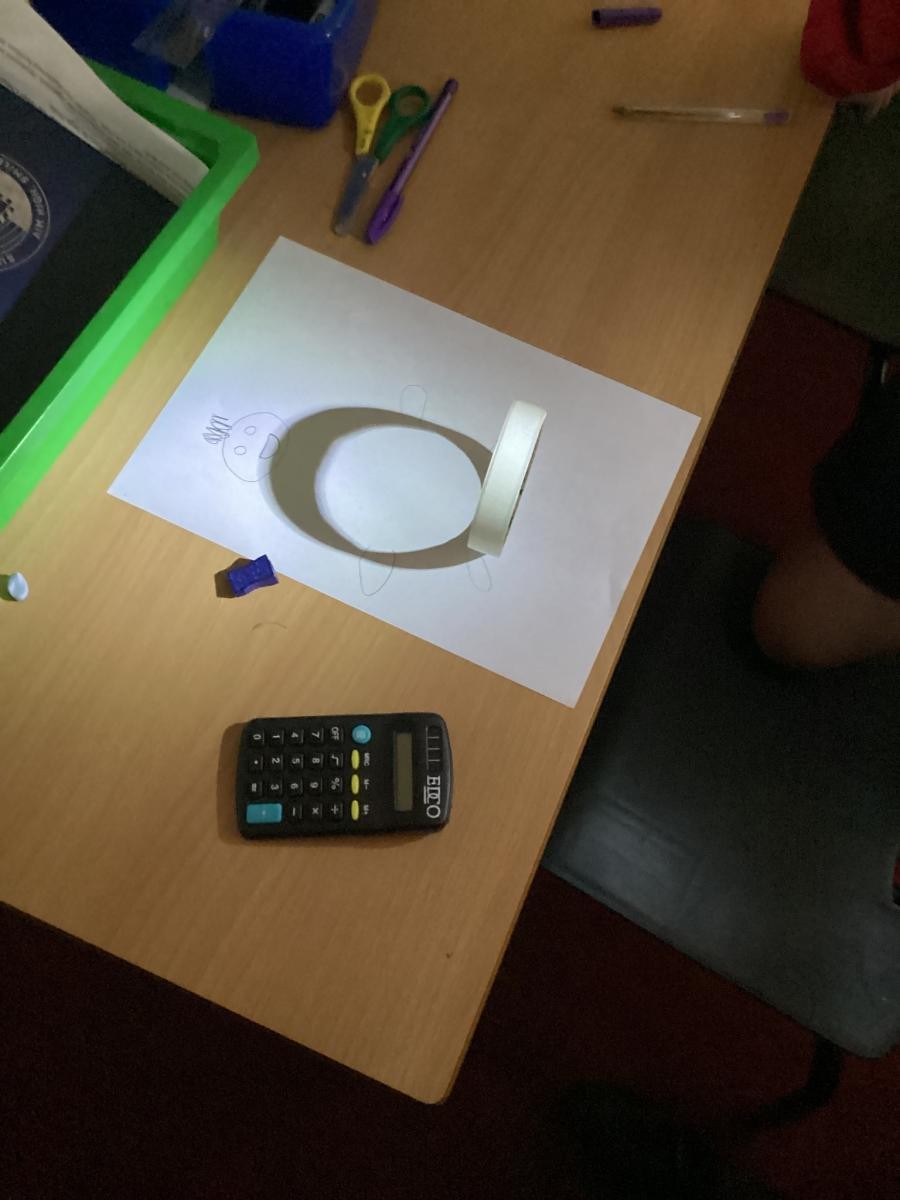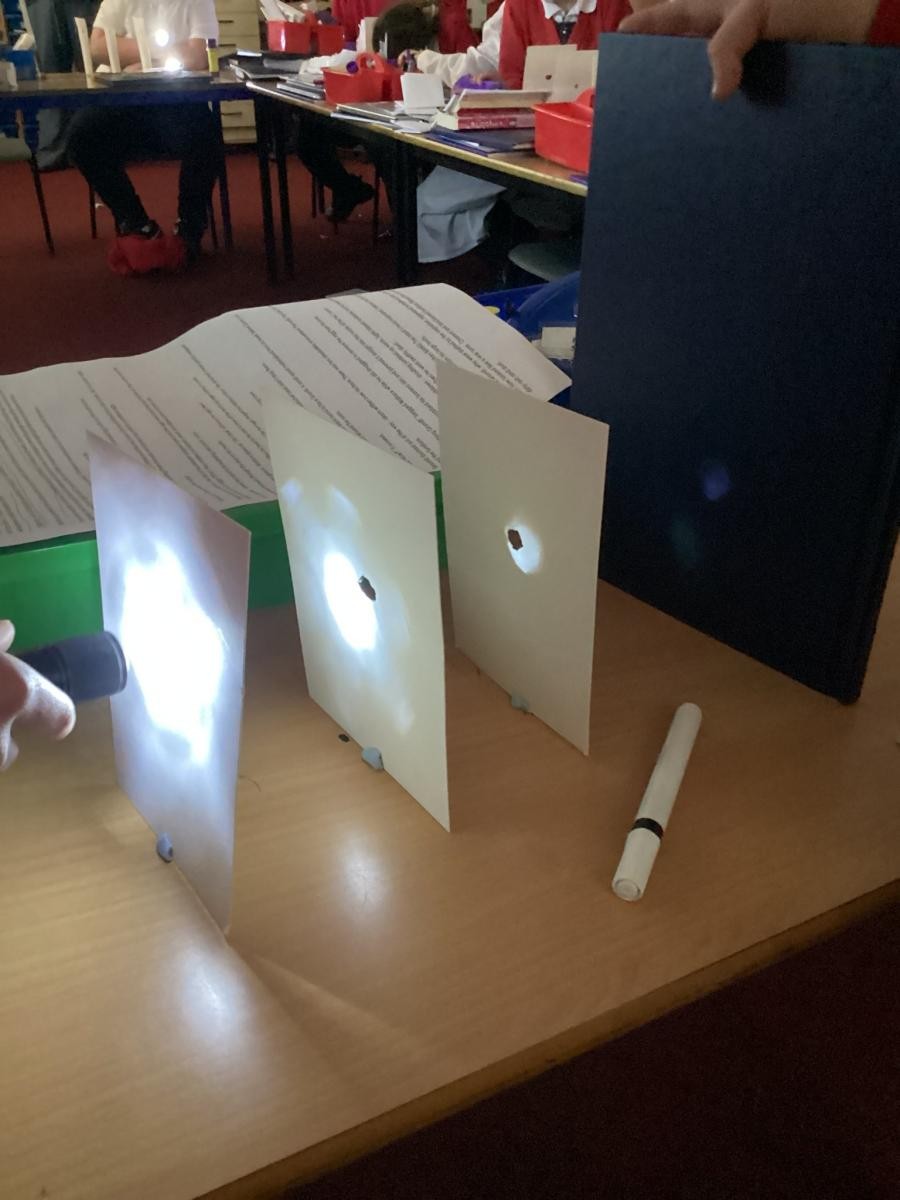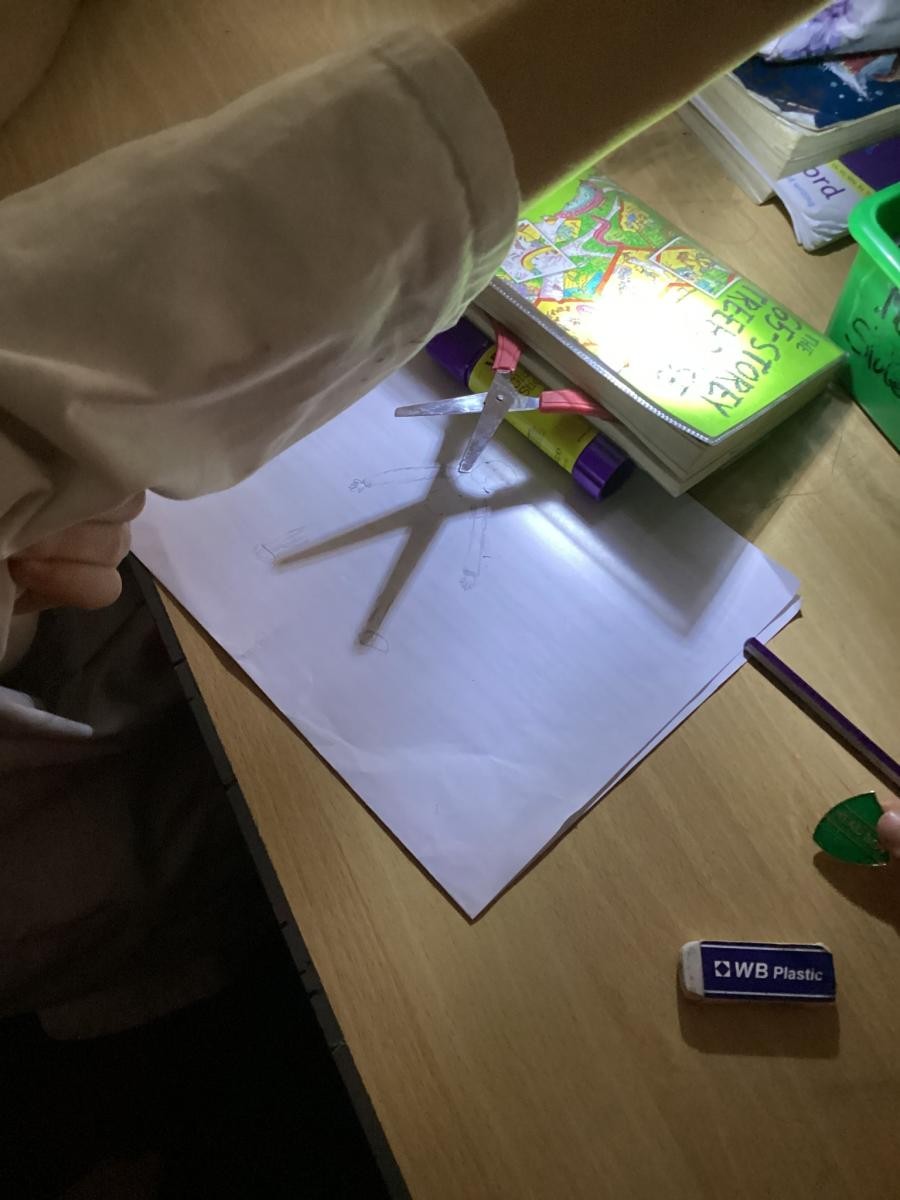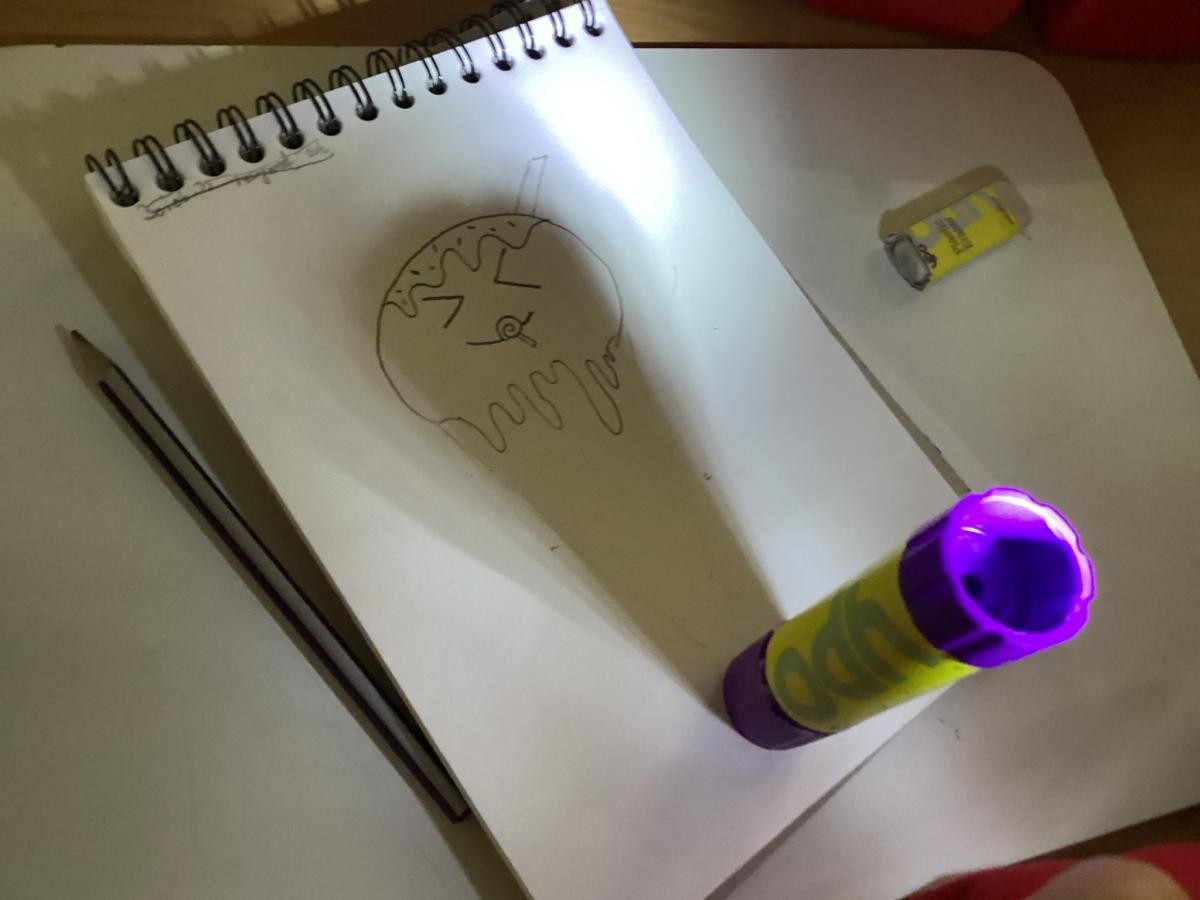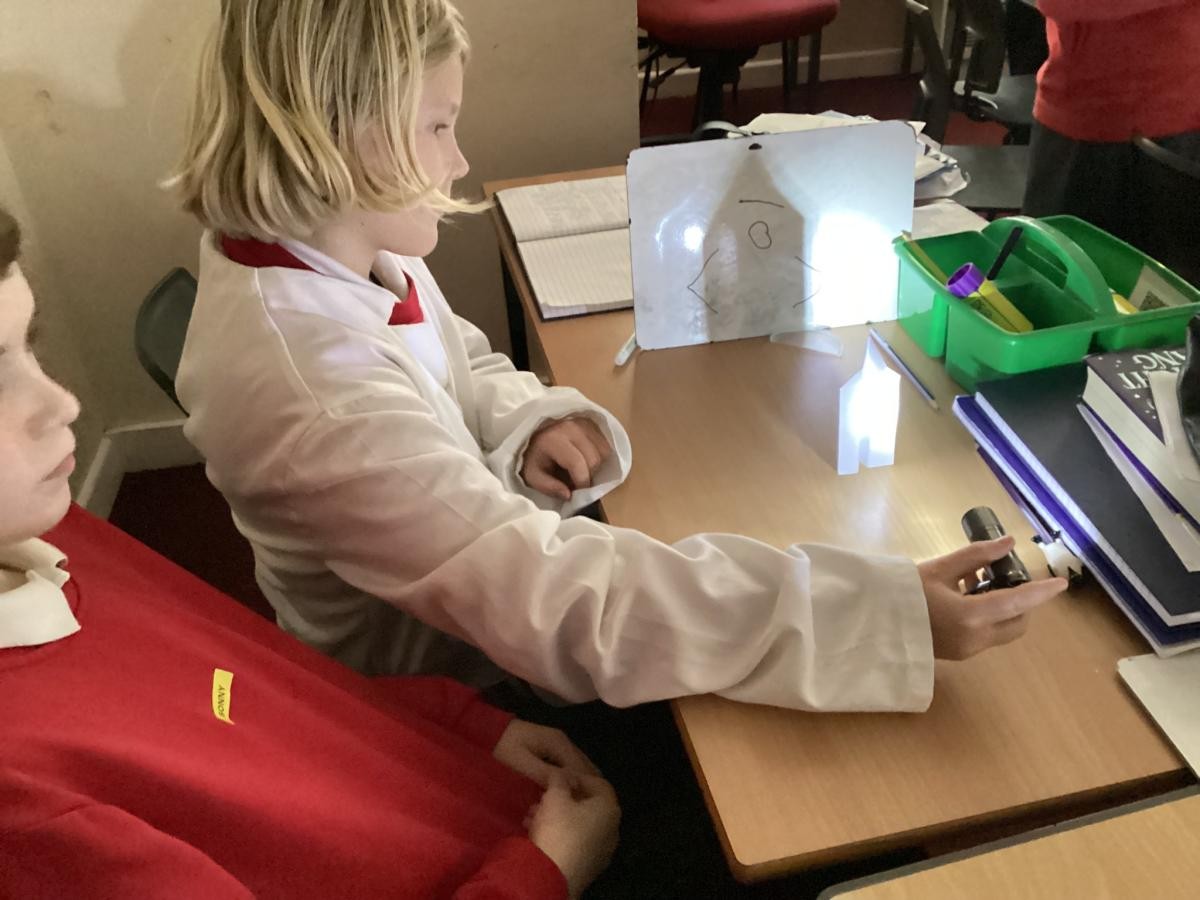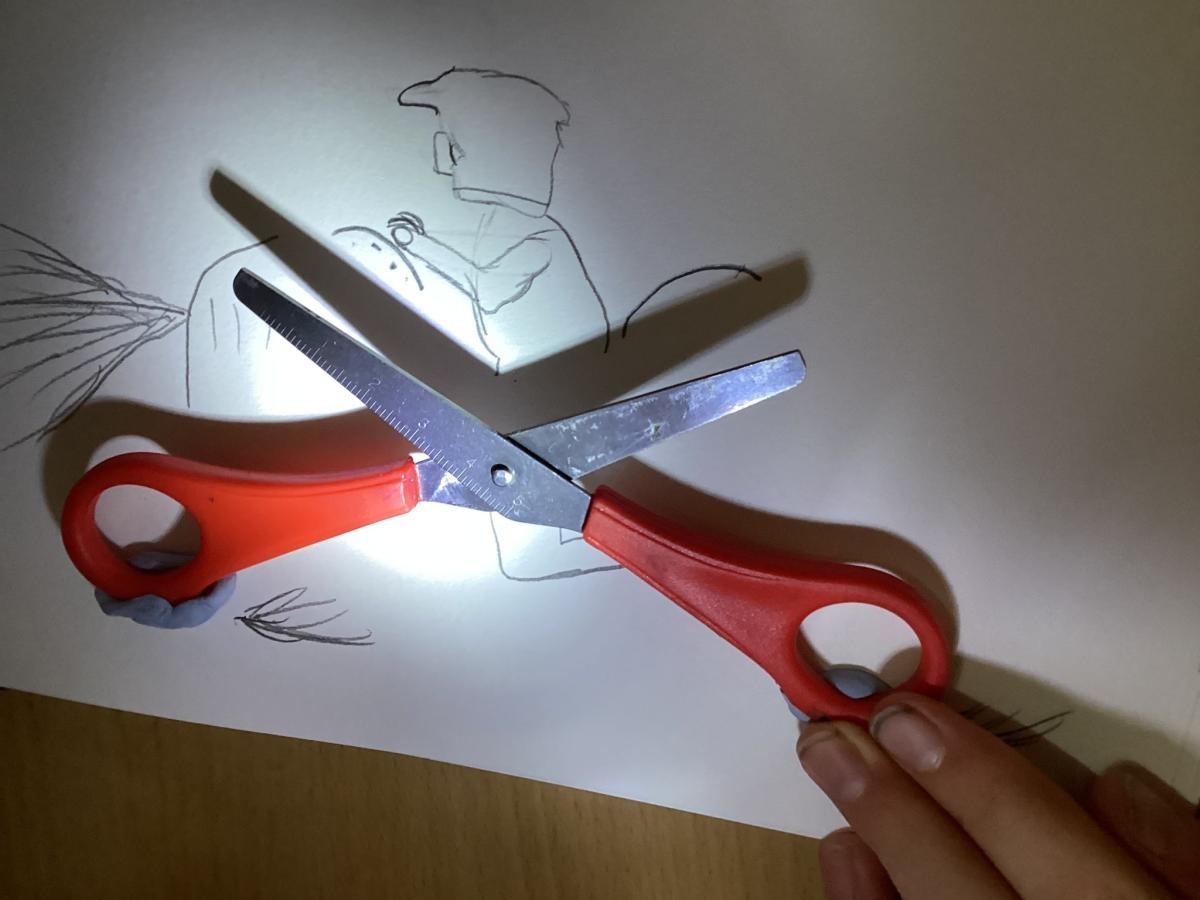At Summercourt Academy, scientific knowledge is interwoven through our Curriculum and forms an intrinsic part of our termly projects.
Our Science intent is to engage children’s curiosity, to encourage them to ask questions, and immerse themselves in challenging problems and investigations, independently identifying ways to investigate using their growing scientific skills. Pupils are invited to hypothesise, predict, set up experiments and investigations, explore and harness evidence, analyse findings, grapple with the unexpected, draw conclusions and accept that sometimes outcomes are not what they expected. Scientific learning is enriched by educational visits, visiting speakers and outdoor learning opportunities. At Summercourt Academy, our learning in Science is investigative - lessons are engaging and promote active learning.
Our aim is to link the science coverage to our termly projects and overall enquiry questions in new and unusual ways. We encourage a reflective mind, ability to be curious and children to question the world around them - which will, in turn, enable an understanding of how Science has shaped our lives.
Our Aims
To ensure that all pupils:
- develop scientific knowledge and conceptual understanding through the specific disciplines of biology, chemistry and physics
- develop understanding of the nature, processes and methods of science through different types of science enquiries that help them to answer scientific questions about the world around them
- are equipped with the scientific knowledge required to understand the uses and implications of science, today and for the future.
Within Class 1 (EYFS/Year 1) our pupils investigated and explored floating and sinking. TThey also observed if coloured water would travel up flower stems to the petals. The pupils loved being scientists and were able to create rainbows using kitchen roll and coloured felts observing how the material absorbed the water.
The photos above show Class 2 pupils (year 1 and 2) further enhancing their knowledge of 'everyday materials'. During this activity the pupils identify and name every day materials.
Pupils are taught to:
- distinguish between an object and the material from which it is made
- identify and name a variety of everyday materials, including wood, plastic, glass, metal, water, and rock
- describe the simple physical properties of a variety of everyday materials
- compare and group together a variety of everyday materials on the basis of their simple physical properties.
The photos above show our pupils in Class 3 (year 3 and 4) further enhancing their knowledge of 'properties and changes of materials'.
Within this investigation, pupils were taught to:
- give reasons, based on evidence from comparative and fair tests, for the particular uses of everyday materials, including metals, wood and plastic
- demonstrate that dissolving, mixing and changes of state are reversible changes
- explain that some changes result in the formation of new materials, and that this kind of change is not usually reversible, including changes associated with burning and the action of acid on bicarbonate of soda.
The photos above show our pupils in Class 4 (year 5 and 6) further enhancing their knowledge and understanding regarding 'Light'.
Within this unit, pupils are taught to:
- recognise that light appears to travel in straight lines
- use the idea that light travels in straight lines to explain that objects are seen because they give out or reflect light into the eye
- explain that we see things because light travels from light sources to our eyes or from light sources to objects and then to our eyes use the idea that light travels in straight lines to explain why shadows have the same shape as the objects that cast them.

